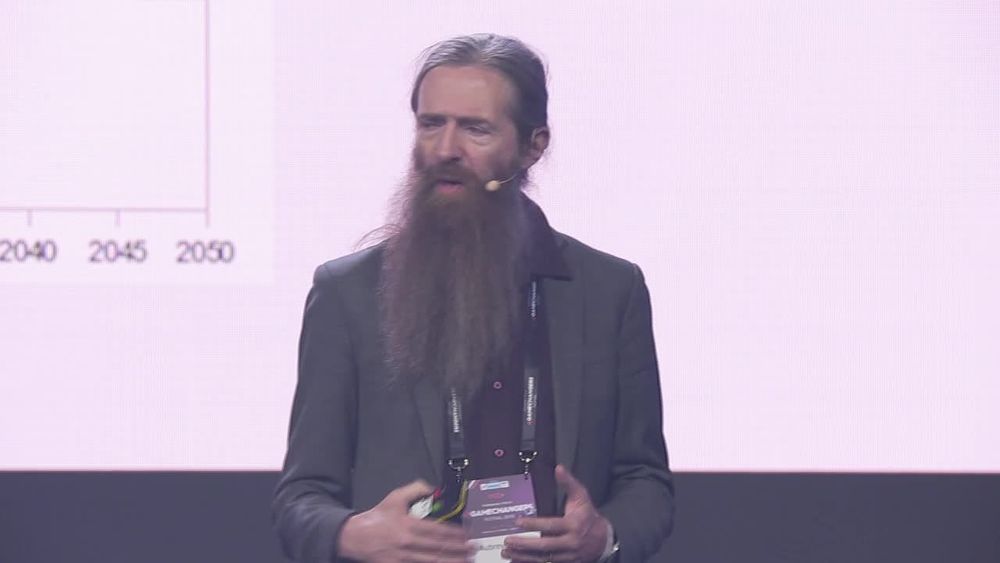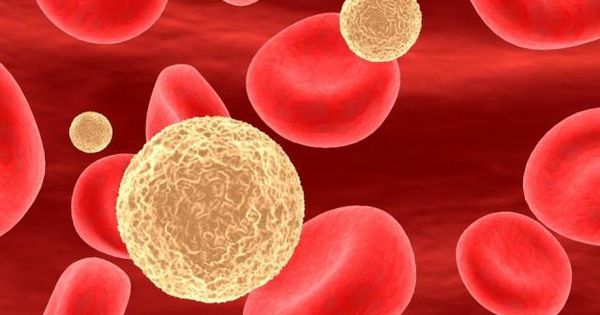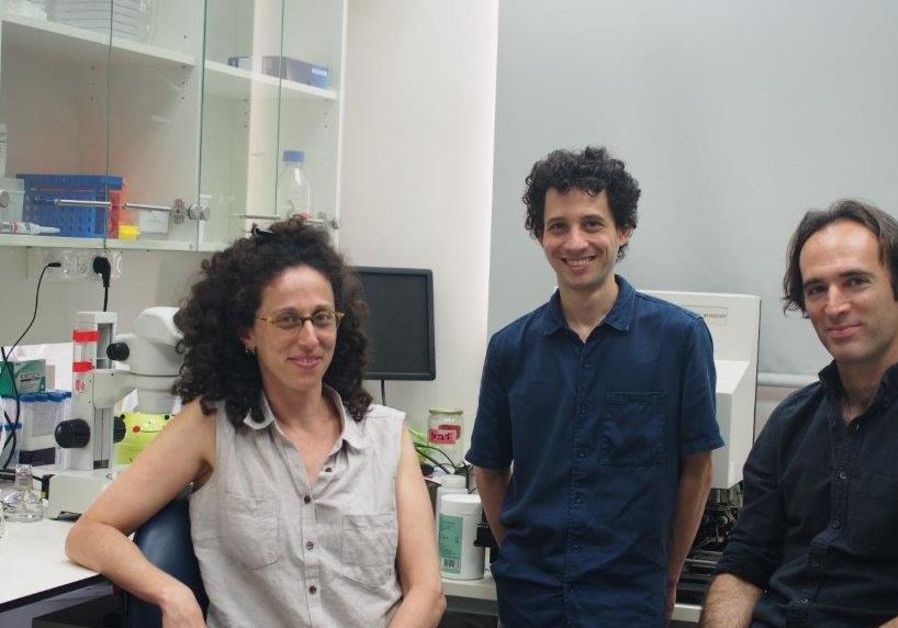Research published today in Nature Medicine by scientists at the National Cancer Institute (NCI) has described a new immunotherapy approach, which led to a complete disappearance of tumors in a woman with advanced metastatic breast cancer who only had months to live.
The findings show how naturally-occurring tumor infiltrating lymphocytes (TILs) were extracted from the patient’s tumor, grown outside of her body to boost their numbers and injected back into the patient to tackle the cancer. The patient had previously received several treatments including hormone therapies and chemotherapy, but nothing had stopped the cancer progressing. After the treatment, all of the patient’s tumors disappeared and 22 months later, she is still in remission.
Researchers are particularly enthusiastic about the potential of TILs to treat a group of cancers termed ‘common epithelial cancers’, which include those of the colon, rectum, pancreas, breast and lung, together accounting for 90% of all deaths due to cancer in the U.S, around 540,000 people annually, most of these from metastatic disease.
Read more





